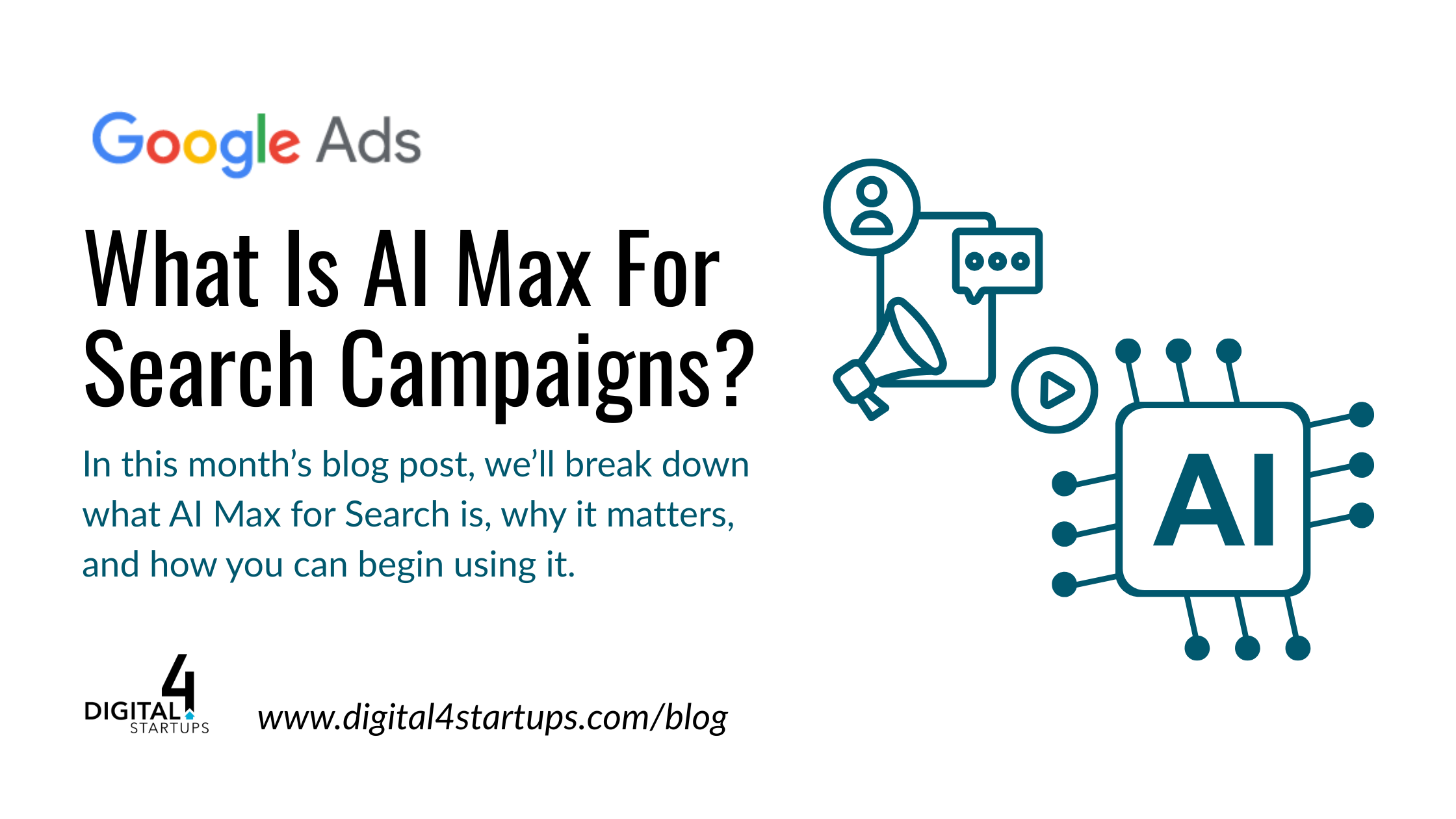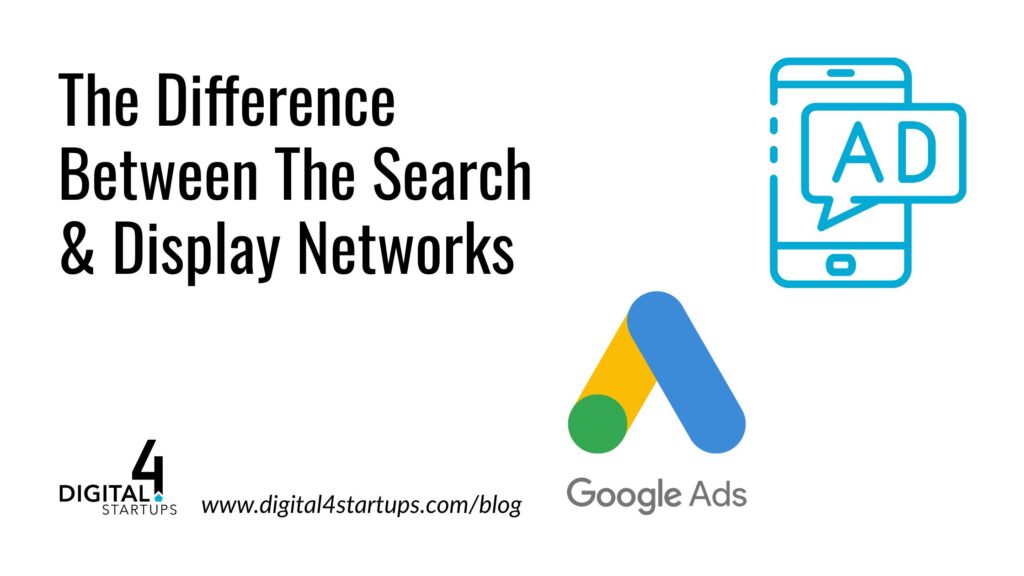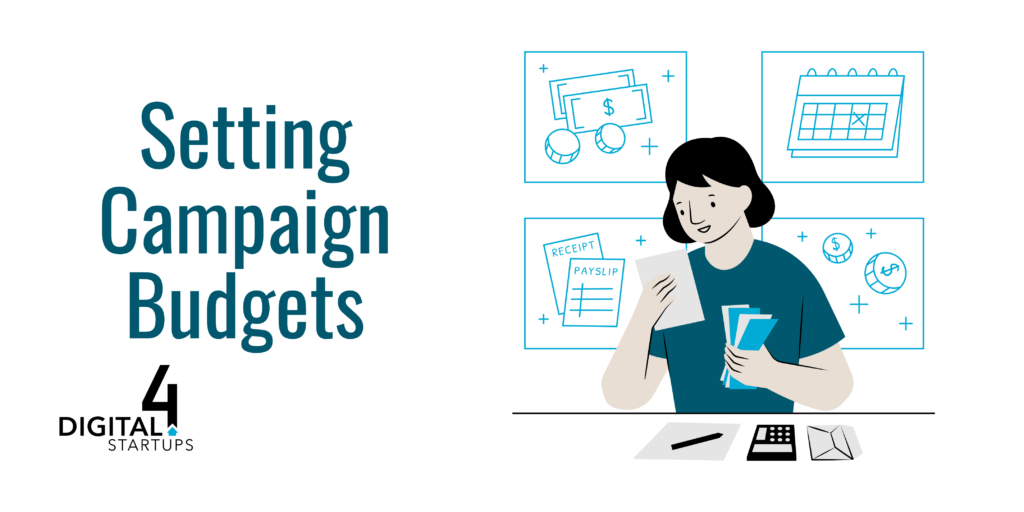
Get the latest updates on ai max for google search campaigns!
Last week at Google Marketing Live, Google announced they were taking a bold step forward with a sweeping set of updates across its advertising and search ecosystems.
At the heart of this initiative is AI Max for Search Campaigns, which essentially adds automation to Search campaigns without forcing a complete rebuild. Whether you’re a seasoned PPC expert or a business owner looking to stay ahead of the curve, understanding this update is critical.
In this month’s blog post, we’ll break down what AI Max for Search is, why it matters, and how you can begin using it.
Google Marketing Live introduces: AI Max for Search
At the 2025 Google Marketing Live (GML) event, Google announced an ambitious strategy to integrate artificial intelligence more deeply into its advertising products. This shift marks a foundational change for Google, with the ultimate goal of adapting Google Ads to the way people search today.
With the rise of conversational AI and competitors like ChatGPT entering the search space, Google is moving towards an AI-first search model. AI Overviews, Search Generative Experience (SGE), and Gemini-powered chat interfaces are reshaping how users interact with Google Search. However, these changes also mean advertisers need smarter tools to keep up.
That’s why Google decided to create AI Max for Search campaigns, to create a direct response to help advertisers harness the power of AI to match user behavior in this new search landscape.
What Is AI Max for Search Campaigns?
AI Max for Search is a feature that allows Google Ads users to infuse more automation and machine learning into their existing Search campaigns.
Unlike Performance Max, which creates a campaign from scratch across all of Google’s networks, AI Max is a layer that can be added to standard Search campaigns. Through AI Max, you can move beyond traditional keywords in your search campaigns with automation, adaptability, and actionable insights to lead the way.
Through this new feature, you’ll be able to access smarter keyword matching through broad match and keyword-less tech. This new feature aims to help advertisers tap into high-performing queries they may have otherwise missed. Google’s AI learns from existing keywords, creative, and URLs to identify new opportunities for your search campaigns.
AI Max for search has the potential to bid on an untapped group of high-intent searches not currently being reached. It can also update in real time and increase relevance and conversions without the added complexity. This could be useful for PPC managers with large accounts across several clients as a way to help ease the workload while scaling results and staying competitive.
Lastly, AI Max can send users to the most relevant page on your website based on their search query instead of the landing page specified in your ad through its Final URL Expansion feature. This means the user will be directed to the most relevant content on your website, even if it’s not the URL you originally set.
What are the pros of AI Max for Search?
Like everything nowadays, there are pros and cons to implementing AI Max for search campaigns. For busy teams, it might be more ideal, as there’s less time spent setting up campaigns and more time for other tasks; however, campaigns still require a smart strategy, thoughtful input, and active oversight.
Some benefits include reduced manual upkeep, as Google’s AI handles much of the keyword expansion, creative testing, and bidding optimization. Your ads can also have greater reach and flexibility with new queries that wouldn’t be covered by exact match or phrase match alone.
AI Max also factors in contextual signals, such as location, time of day, and device, to make smarter bidding decisions in real time, leading to more conversions. It also works best when it has a lot of data to learn from, which is beneficial for older accounts looking for a change.
Lastly, you have full control of which AI Max features you want to activate. So, for example, if you wanted to turn on the enhanced broad match but turn off auto-created ad copy, you could do so.
What are the cons of AI Max for Search?
The cons of using AI Max for search include less control and transparency, and a possible loss of insight as you’re trusting Google to interpret your goals correctly. Google’s AI Max also uses auto-generated ad copy, which in the past wasn’t so great. However, there’s always room for improvement.
Whether advertisers decide to use AI Max for search or not, one thing all businesses need to keep in mind is AI Max’s approach. If not monitored closely, it may be too broad, especially for smaller businesses with tighter budgets.
While AI Max is helpful with creative, brand-sensitive campaigns also need careful control over messaging and placements, which is why human oversight remains essential. Ultimately, if you already run Google Search campaigns and are comfortable with performance automation, AI Max is a natural evolution.
How can you implement AI Max for Search Campaigns?
If you’re ready to dive in and turn on AI Max for your search campaigns, all you need to do is add it to your existing campaigns. According to Google, you can do this by choosing a Search campaign you’d like to enhance, opening the campaign settings, and looking for the “AI Max” option (availability may depend on whether you’re part of the beta).
Once you turn on AI Max, make sure to review the recommendations Google provides for assets, keywords, and bidding. Then Google’s diagnostic tools will help you identify ad strength and optimization suggestions.
Even though AI Max campaigns rely heavily on automation, it’s still important to monitor results regularly and adjust your inputs (landing pages, negative keywords, creative direction) to guide the AI.
Is AI Max the future of search advertising?
It’s no surprise that AI Max is very appealing to advertisers as it gives them a smarter, more flexible way to navigate the increasingly complex world of online search. It’s a clear sign that Google Ads is shifting toward intent-based advertising powered by machine learning, rather than rigid keyword matching.
If you want to future-proof your campaigns and maintain a competitive edge, now is the time to start testing AI Max. But don’t forget, great advertising still needs great strategy.
AI can amplify performance, but it can’t replace thoughtful messaging, landing page UX, and a clear business goal. If you are in scaling mode, don’t have a complicated setup, or have limited resources, it’s worthwhile testing.
Conclusion
In a rapidly evolving digital landscape, AI Max represents both an opportunity and a challenge. It’s a powerful tool that can enhance performance and efficiency, but it still requires a strategic hand to steer it.
As automation becomes more central to search advertising, the marketers who thrive will be those who embrace innovation without losing sight of the fundamentals. Start with testing and determine whether the trade-offs make sense for your business.
If you have any questions about Google Ads and want to schedule a consultation, please email info@digital4startups.com.


